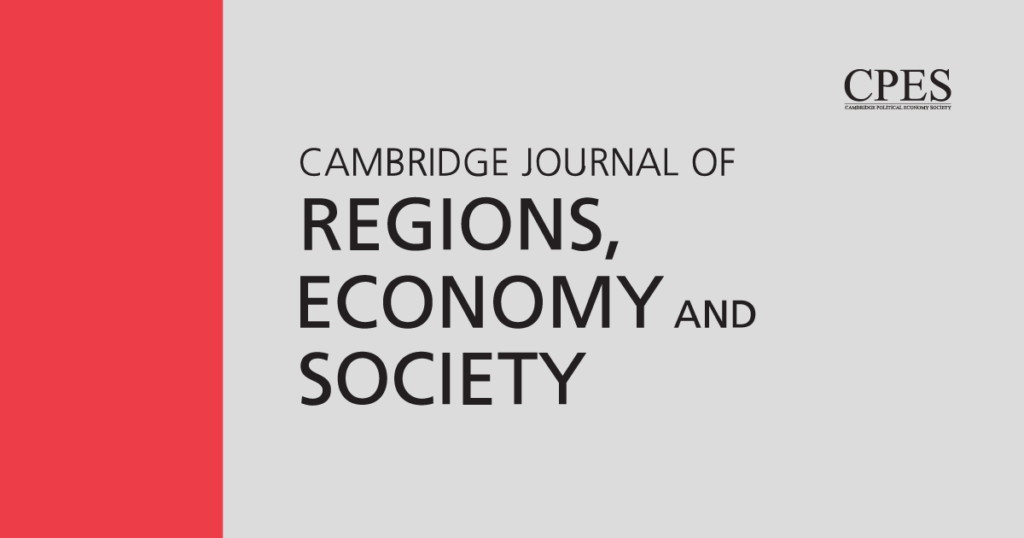Regional diversification and labour market upgrading: local access to skill-related high-income jobs helps workers escaping low-wage employment
Zoltán Elekes, Anna Baranowska-Rataj, Rikard Eriksson
Abstract
This article investigates how the evolution of local labour market structure enables or constrains workers as regards escaping low-wage jobs. Drawing on the network-based approach of evolutionary economic geography, we employ a detailed individual-level panel dataset to construct skill-relatedness networks for 72 functional labour market regions in Sweden. Subsequent fixed-effect panel regressions indicate that increasing density of skill-related high-income jobs within a region is conducive to low-wage workers moving to better-paid jobs, hence facilitating labour market upgrading through diversification. While metropolitan regions offer a premium for this relationship, it also holds for smaller regions, and across various worker characteristics.
Keywords: skill-relatedness network, local labour market, low-wage workers, diversification and structural change, relatedness density
JEL: J21 – Labor Force and Employment, Size, and Structure J31 – Wage Level and Structure; Wage Differentials R11 – Regional Economic Activity: Growth, Development, Environmental Issues, and Changes R23 – Regional Migration; Regional Labor Markets; Population; Neighborhood Characteristics


